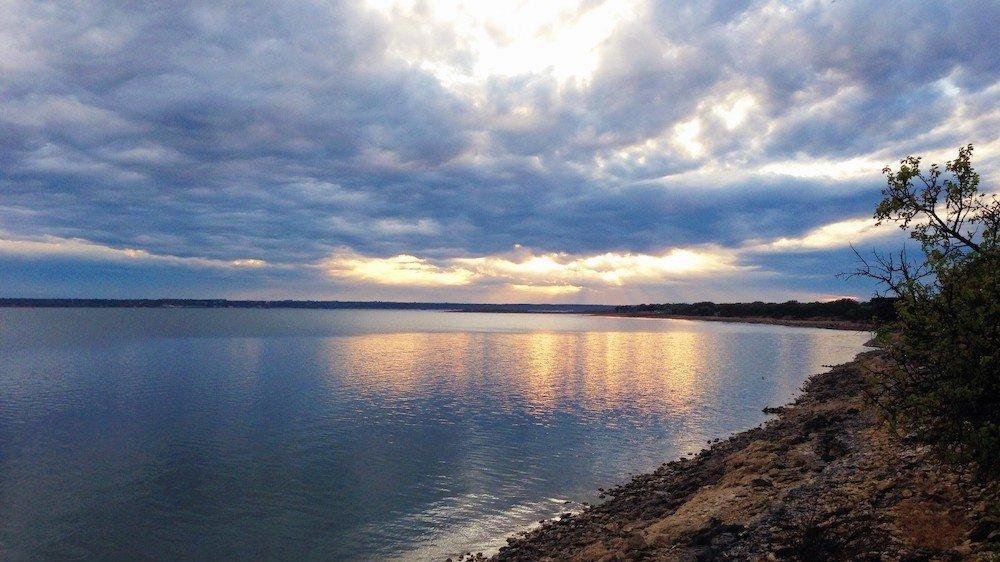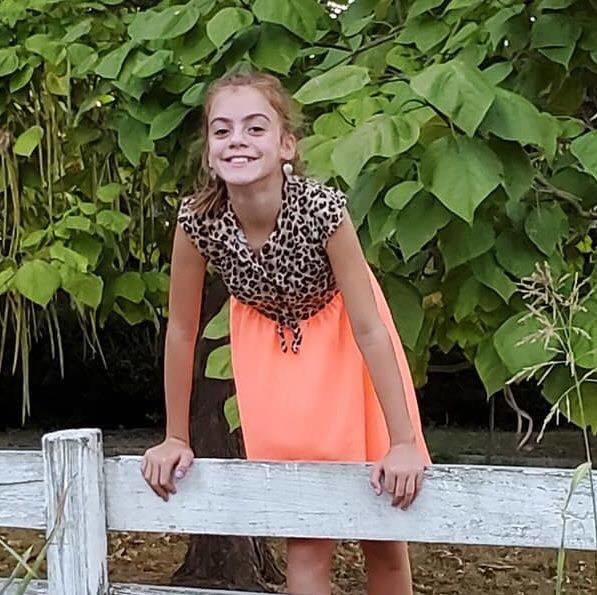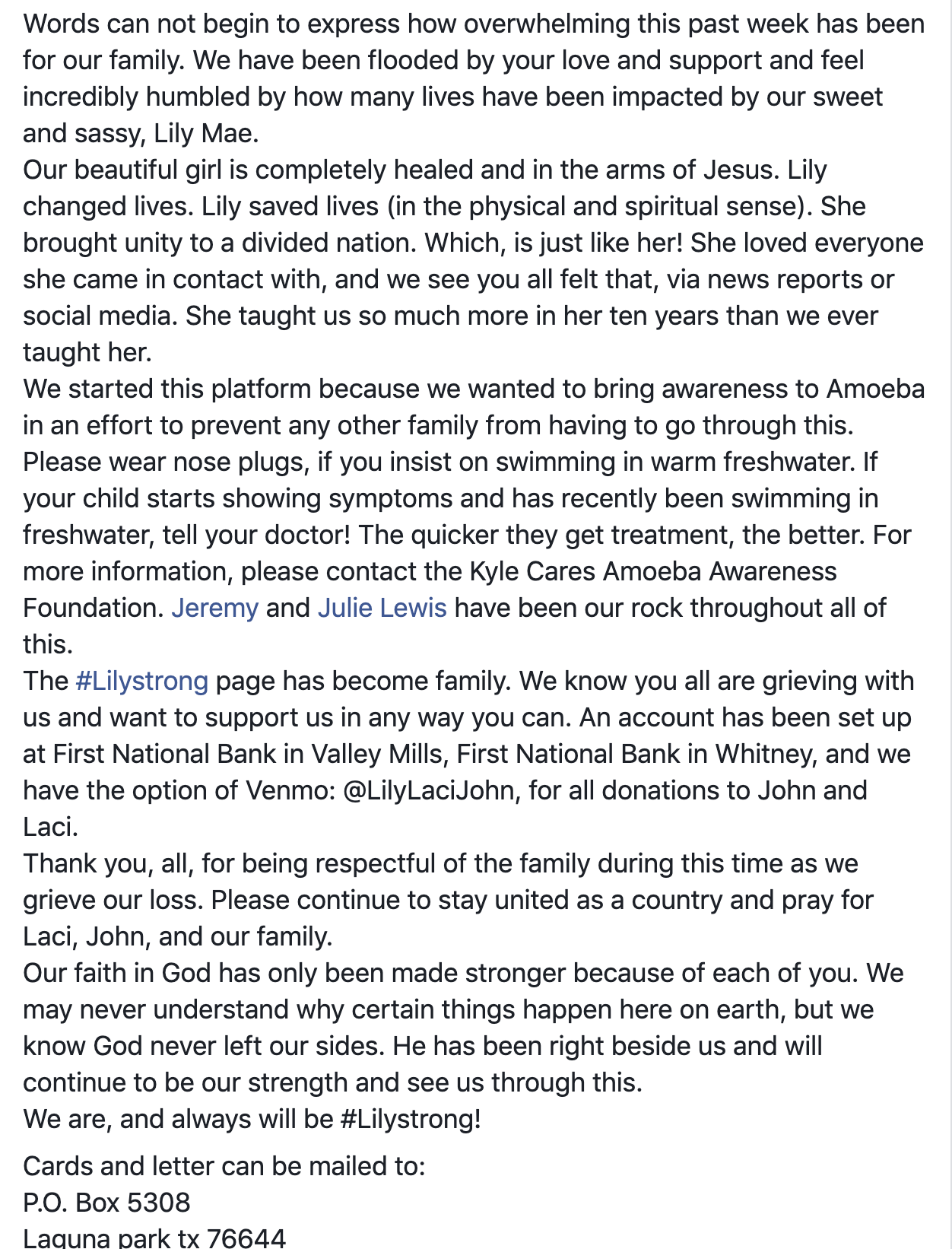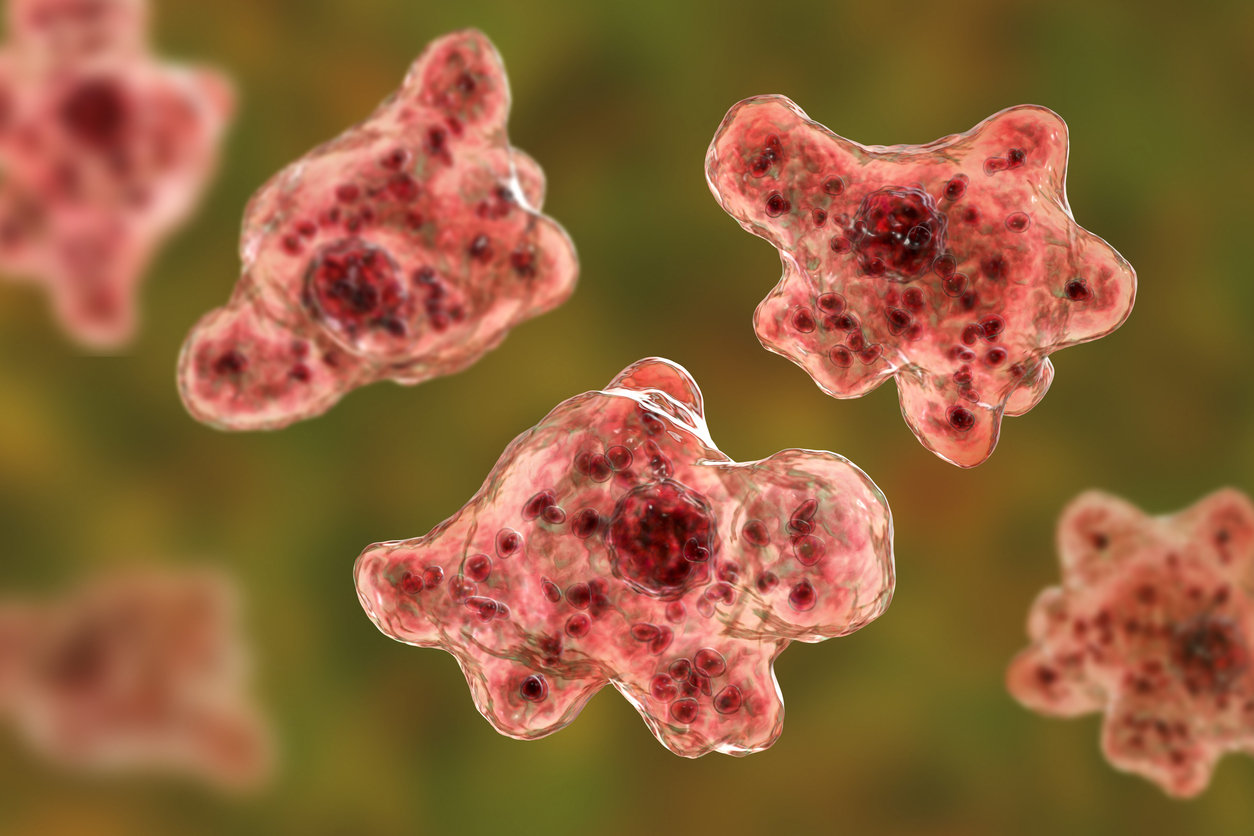
Over Labor Day Weekend, 10-year-old Lily Mae Avant went swimming in Lake Whitney–pictured here–and the Brazos River near Waco, Texas. At some point during those swims, a brain-eating amoeba called Naegleria fowleri found its way into Lily's nose and eventually to her brain. Lily battled the brain-eating amoeba for a week, but on Monday she died.
More from MamásLatinas: 6 Things every mom should know about secondary drowning.
The Naegleria fowleri amoeba is commonly found in warm fresh water, like the lake and the river that Lily swam in. It enters a person's body through the nose via contaminated water and then travels to the brain, where it can lead to primary amebic meningoencephalitis (PAM), a central nervous disease that is almost always fatal.
Although cases of people being contaminated by Naegleria fowleri are very rare, that is of little comfort to Lily Mae Avant's family. Continue reading to find out more about Lily's case and what you can do to reduce the risk of contracting Naegleria fowleri.
Lily's family is in shock.

Lily celebrated Labor Day weekend by swimming in the Brazos River and Lake Whitney in Texas. The following weekend, after going for a swim at a pool, she got a headache and came down with a fever. She was taken to a local hospital and then transferred to Cook Children's Medical Center in Fort Worth, Texas, where doctors performed a spinal tap and concluded that she had contracted Naegleria fowleri. Sadly, there wasn't much doctors could do to save Lily's life.
"The doctors told us there is nothing more that they can do for her and they have exhausted all resources due to the fact that this is such a fatal disease and it claims its victims so quickly," Lily's aunt, Crystal Warren, told KWTX. "For this to happen to her when there were so many other people in the same waters on the same days we just don't understand why it was her."
The family released a statement on Monday.

Lily died on Monday, and her family released a statement via the #LilyStrong Facebook page that they set up in honor of Lily and to raise awareness of the Naegleria fowleri amoeba in an effort to prevent this from happening to any other family. The statement urges readers: "Please wear nose plugs, if you insist on swimming in warm freshwater. If your child starts showing symptoms and has recently been swimming in freshwater, tell your doctor!"
Lily's elementary school posted a heartfelt tribute to her on Facebook.
"Lily was an absolute blessing to our elementary school. She was an outstanding student, but more importantly, Lily was an incredible person and friend to all," reads part of the message posted by Valley Mills Elementary School, where Lily was a student. The school has grief counselors available for students and staff. It has got to be incredibly hard for Lily's friends to grasp that their friend is gone.
What exactly is Naegleria fowleri?

The picture here is a magnified image of brain tissue that has been infected with Naegleria fowleri, which is an amoeba–a single-celled organism–commonly found in warm fresh water such as lakes, rivers, and hot springs. Naegleria fowleri can infect people by entering the body via the nose. It then travels through the nose to the brain, where it attacks brain tissue.
What can you do to protect yourself and your family?

- Be aware that there is always a low-level risk for infection when you are swimming/diving in warm fresh water such as rivers and lakes.
- Wear nose plugs.
- Naegleria fowleri can also grow in pipes, hot water heaters, and water systems, so be very careful to only use sterile, distilled, or previously boiled water for nasal irrigation or sinus flushes.
Symptoms usually appear about a week after infection and include headache, fever, stiff neck, nausea, and vomiting. If such symptoms appear shortly after someone has been swimming in fresh water, go to the doctor immediately.




